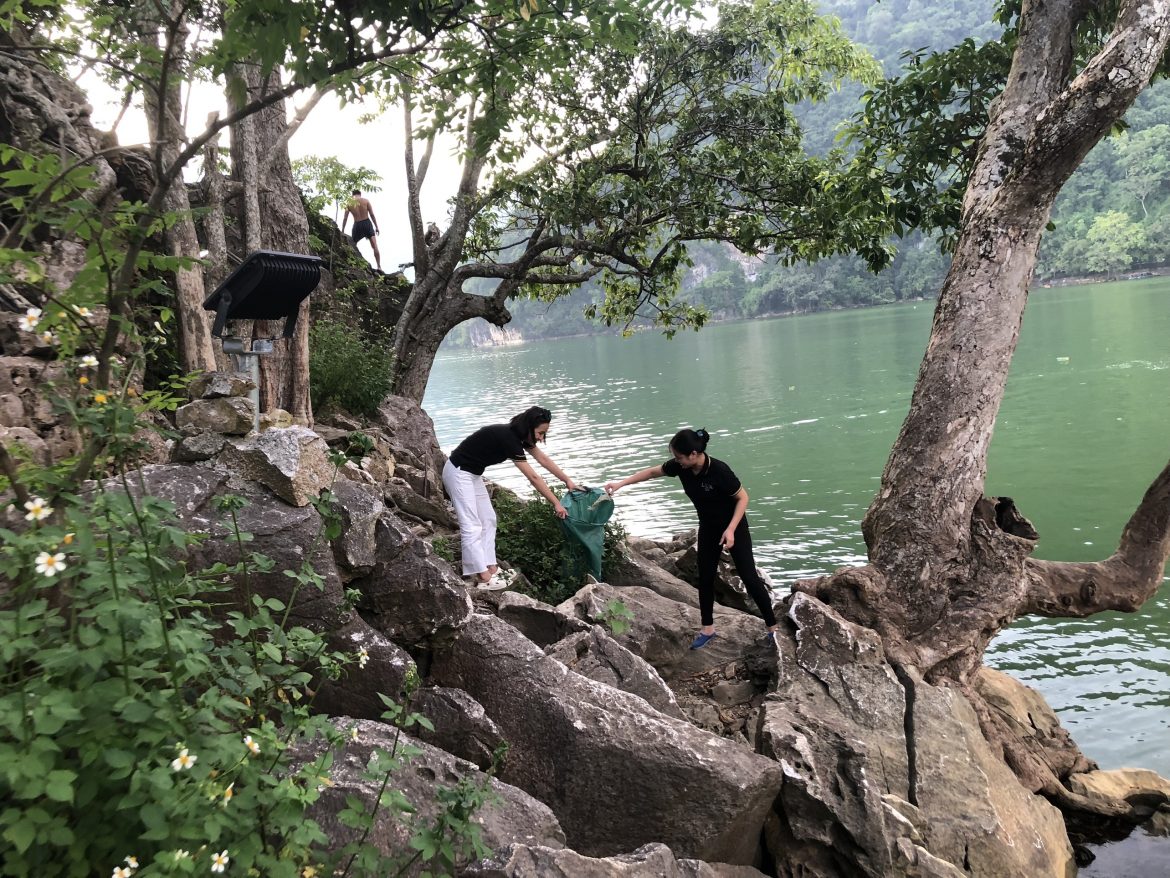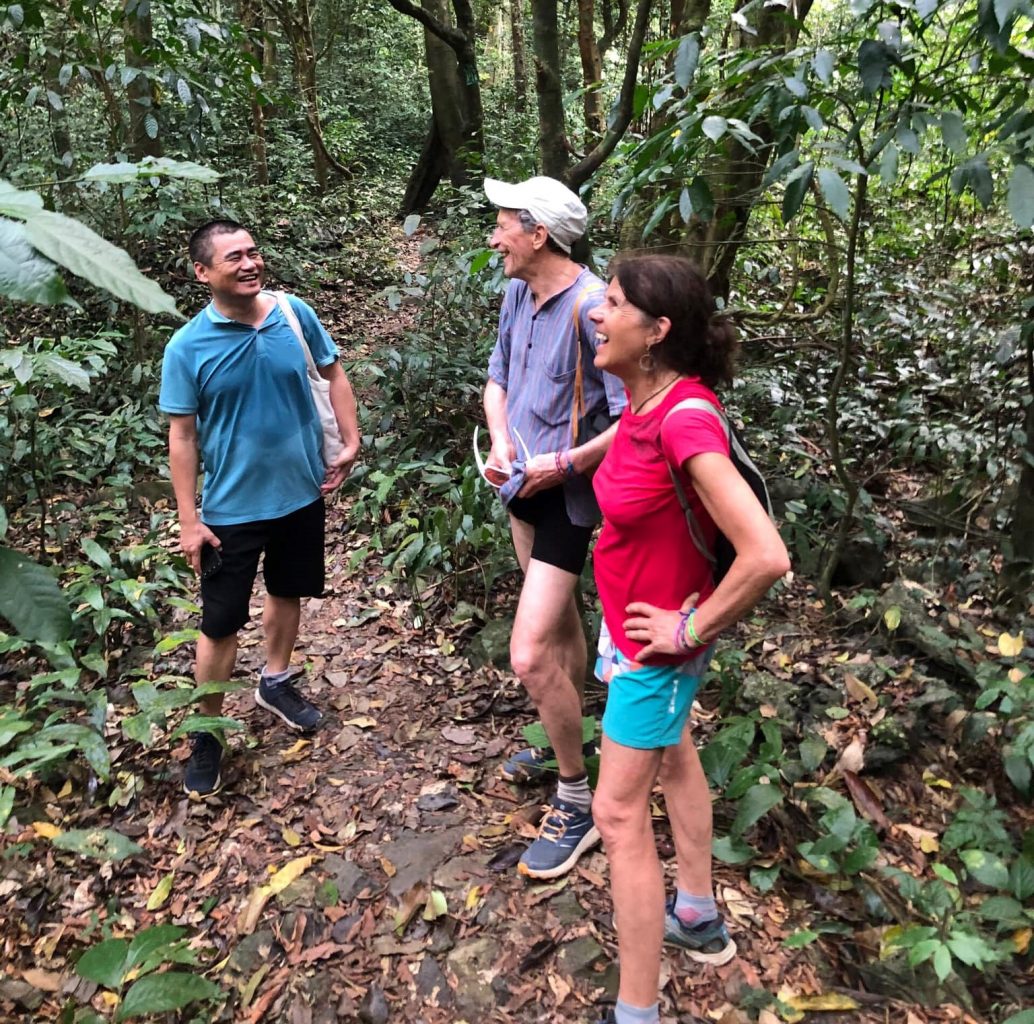Traveling is a powerful way to connect with nature and experience the richness of wildlife across the globe. From witnessing elephants roaming free in Thailand to watching sea turtles hatch on the beaches of Vietnam, wildlife tours bring you great experiences can be both awe-inspiring and transformative. However, they must be approached with care. Irresponsible wildlife tourism can harm the very animals we admire and damage delicate ecosystems. Fortunately, with awareness and the right actions, travelers can help protect wildlife and support sustainable tourism.
This guide offers practical and ethical steps to help you become a responsible traveler during wildlife tours.
1. Choose Ethical Wildlife Experiences
Not all wildlife tours are created equal. Some claim to support conservation while exploiting animals for profit. Responsible wildlife experiences prioritize the well-being of animals and their habitats. Instead of choosing attractions that involve close interaction with wild animals, opt for tours that allow animals to behave naturally in their environment.
Avoid activities that include riding elephants, taking selfies with drugged tigers, or feeding wild animals. These practices may seem fun or harmless but are often linked to cruelty, poor welfare, and dangerous long-term consequences for both animals and tourists.
Instead, seek out sanctuaries and reserves where animals are rescued and protected. Look for facilities that are transparent about their operations and discourage direct contact between visitors and animals.

Lux Travel Team bathes elephants in Chiang Mai
2. Observe Animals from a Respectful Distance
A golden rule of responsible wildlife tours is to watch, not touch. Getting too close to wild animals can stress them, alter their behavior, or even provoke attacks. During safaris, boat rides, or jungle treks, always follow your guide’s instructions and maintain a respectful distance.
Use binoculars or zoom lenses for photography, and never try to bait or lure animals closer. Loud noises, flash photography, or sudden movements can disturb animals and threaten their safety. Remember, the best wildlife encounters happen when animals are free to act naturally in their habitat.
3. Do Not Support Animal Performances
Animals used in performances—such as dolphins doing tricks, monkeys riding bicycles, or snakes dancing to music—are typically subjected to poor conditions and abusive training methods. These forms of entertainment often prioritize profit over animal welfare and can inflict lifelong trauma on the creatures involved.
Even when these shows are packaged as cultural experiences, it is important to question their ethical implications. Supporting such shows sends the message that exploiting animals is acceptable.
Instead, support experiences where animals are observed in the wild or in sanctuaries committed to rehabilitation and education.

Wildlife animals at Cat ba National park, Vietnam
4. Say No to Wildlife Souvenirs
Souvenirs made from animal parts may seem like exotic keepsakes, but they are often the result of illegal wildlife trade. Items such as ivory carvings, turtle shell jewelry, fur, feathers, or preserved insects contribute to the exploitation and decline of endangered species.
Refuse to buy products made from any part of a wild animal, and do your research before purchasing unfamiliar items. Not only are these products unethical, but they can also be illegal and result in heavy fines or confiscation at customs. Instead, support local artisans who use sustainable and ethical materials, such as bamboo, ceramics, or textiles.
5. Use Responsible Tour Operators
Before booking a wildlife tour, you can research the operator’s values and practices. A responsible company will have clear animal welfare policies, employ trained guides, and contribute to conservation and community development.
You can look for operators certified by reputable sustainability organizations such as the Global Sustainable Tourism Council (GSTC), Travelife, or the Rainforest Alliance. These certifications indicate a commitment to ethical and environmentally friendly practices.
You may ask the operator questions like: Do they have a policy for wildlife welfare? Do they cooperate with local conservation groups? Are they involved in habitat protection or local education? Do they have guidelines for wildlife tours? Choosing the right sustainable operator helps ensure your trip supports rather than harms the wildlife you came to see.
6. Support Conservation with Your Money and Time
Your travel choices can directly benefit conservation efforts. When you pay entrance fees to protected parks or contribute to responsible tours, you are helping fund rangers, anti-poaching programs, and habitat restoration.
If you want to do more, consider donating to or volunteering with wildlife NGOs. Many organizations offer opportunities for travelers to participate in conservation activities like tracking animals, cleaning up habitats, or supporting eco-education projects.
Even a small donation to a local wildlife fund can make a big difference in regions where resources are limited.

Luxers participated in the responsible trash collection activity on Bà Góa Island
7. Follow Local Rules and Guidelines on Wildlife Tours
Wildlife tourism often takes place in national parks or protected areas with specific rules designed to protect animals and habitats. Always respect posted signs, stay on designated trails, and follow the instructions of your guide or park rangers.
Do not bring pets or invasive species into wildlife areas, as they can disrupt ecosystems. Avoid picking plants, feeding animals, or leaving behind waste. These actions may seem minor but can have major impacts on local biodiversity.
Being mindful of rules helps preserve the environment for both wildlife and future travelers.
8. Reduce Your Environmental Impact
Protecting wildlife goes beyond your behavior on a tour. Reducing your carbon footprint, minimizing waste, and avoiding single-use plastics all contribute to healthier habitats.
Consider taking public transport or sharing rides to reduce emissions. Bring a reusable water bottle, eco-friendly toiletries, and cloth bags to avoid contributing to land and ocean pollution.
Avoid products like non-reef-safe sunscreen, which contain chemicals that harm marine life. When snorkeling or diving, never touch coral or marine creatures, and follow responsible diving codes.
Every small action helps protect the delicate balance of the natural world.
9. Educate Yourself and Others on Wildlife Tours
Before you travel, take the time to learn about the animals, ecosystems, and environmental challenges in your destination. Understanding the threats wildlife face—such as habitat loss, poaching, or climate change—can help you make better decisions.
During your trip, ask questions and engage with guides and conservationists. Share what you learn with fellow travelers and friends when you return home. Use your voice on social media to raise awareness about ethical travel and wildlife protection.
The more people are informed, the more demand there will be for responsible tourism.

CEO Lux Travel DMC at Cat Ba National Park
10. Report Wildlife Abuse or Illegal Activity
If you witness animal cruelty, illegal wildlife trade, or unethical practices during your trip, report it to local authorities or animal welfare organizations. This can include seeing animals kept in poor conditions, being sold in markets, or being used in abusive tourism experiences.
Do not confront perpetrators directly, as this may put you or the animals in danger. Instead, take notes, photos (if safe), and share the information with relevant authorities or NGOs such as TRAFFIC, WWF, or local park officials.
Your report could help shut down harmful operations and protect animals from future harm.
Wildlife tourism can be a force for good when practiced responsibly. It offers travelers the chance to connect deeply with nature while supporting conservation and local communities. However, it also comes with a responsibility to protect the animals and environments we visit.
By making ethical choices, respecting animal welfare, and supporting sustainable tourism, you can ensure your wildlife adventures contribute to a better future for all living beings.
Let your journeys be filled not just with memories but with meaning. Be a traveler who protects, not exploits. Because when we travel with kindness and purpose, everyone—human and animal—benefits.
